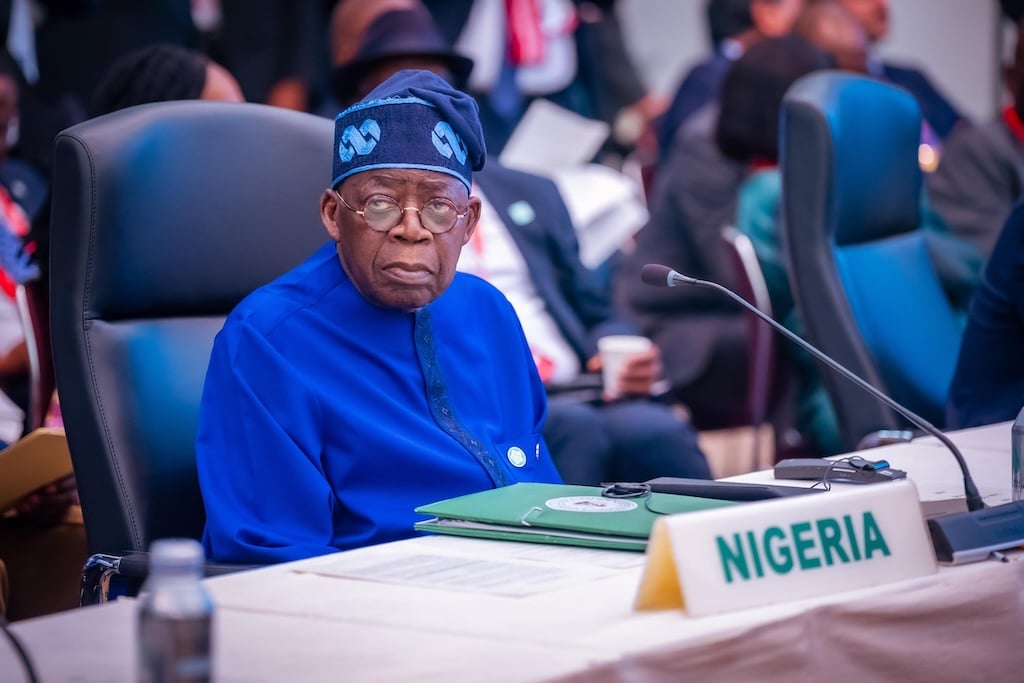
Samuel Omang
Reports day President Bola Ahmed Tinubu is set to finally appoint ambassadors to Nigeria’s most strategic foreign missions in the coming weeks, signalling an end to a prolonged diplomatic vacuum that has drawn growing public criticism.
According to senior presidency officials, the President has ordered a final revision of the long-awaited envoy list after months of political adjustments, security vetting and eligibility reviews. The clean-up became necessary after some nominees earlier submitted to the Senate reportedly died or became ineligible due to retirement.
Tinubu had in September 2023 recalled all ambassadors from 76 embassies, 22 high commissions, and 11 consulates, promising a reset of Nigeria’s foreign policy. But more than two years into his administration, those missions have continued to operate without substantive envoys, relying instead on chargés d’affaires and senior consular officers.
Diplomatic analysts warn that the absence of ambassadors has weakened Nigeria’s presence in major capitals—especially the United States, where the alleged Christian genocide controversy has heightened scrutiny of Nigeria’s international posture.
Sources familiar with the appointment process said Tinubu would prioritise major countries in this first batch of postings.
“The final process is almost completed. The announcement will come in the next few weeks,” one presidency aide said.
Another senior official added that the list would be ready “before the end of the month.”
The President had earlier attributed the delay to the complex political balancing required to compose the list.
“I couldn’t appoint everybody at once… I still have some slots for ambassadorial positions that so many people are craving,” he said in September while receiving members of The Buhari Organisation.
Beyond political considerations, the cost implications of redeploying ambassadors have been a major factor in the delay. It is estimated that nearly $1bn is needed to clear arrears of foreign service personnel, renovate ageing embassy buildings, replace official vehicles, and settle outstanding overheads across Nigeria’s 103 missions.
Foreign Affairs Minister, Yusuf Tuggar, had previously warned that deploying new envoys without adequate resources would be self-defeating.
To address these gaps, the Federal Government allocated:
N2.1bn for ambassadorial posting and return entitlements, and
N53bn for renovation of foreign missions in the 2025 budget.
Additional mission-specific allocations include:
N812m for Banjul
N555m for Brazzaville
N576m for Caracas
N624m for Kingston
N409m for Buenos Aires
N899m for Niamey, among others.
A July 3, 2025 memo from the Accountant General also confirmed the release of $54m for embassy operations, covering overheads, personnel and other expenses.
With no substantive ambassadors in place despite significant funding, the House of Representatives Committee on Foreign Affairs has summoned the Minister of Foreign Affairs and Heads of Missions to explain how 2025 appropriations have been utilised.
The committee is also probing an alleged $2m scandal linked to the renovation of Nigeria’s Permanent Representative’s residence at the UN in New York.
As public pressure intensifies, Tinubu is expected to release the finalised envoy list in a matter of weeks—a move that could reshape Nigeria’s global diplomatic engagement and restore confidence in the nation’s foreign service.
